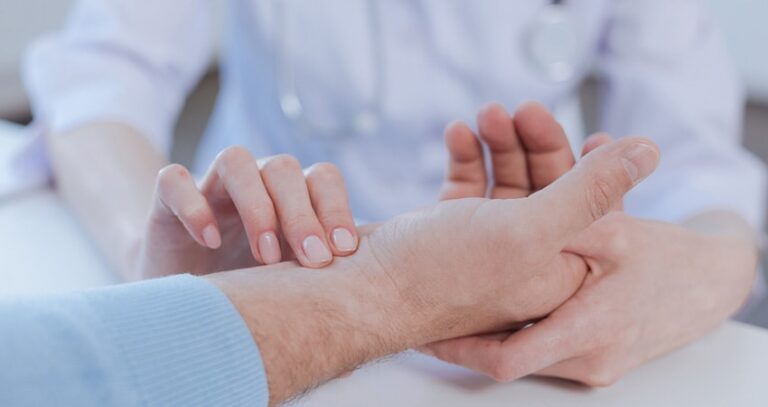
Bradycardia is associated with a host of different symptoms and complications, ranging from mild to deadly. If you experience any of the symptoms or think you may be suffering from Bradycardia, it’s important to get an accurate diagnosis from a heart specialist as soon as possible.
The basics of Bradycardia
Bradycardia occurs when a person’s heart rate is deemed to be too slow. Although the exact determination of what is too slow may vary based on your age, overall level of health, and level of physical activity, for most adults it is determined to be 60 beats per minute (BPM).
It’s important to note that some adults who are very physically active, such as athletes, may have a resting heart rate lower than 60 BPM that never causes any issues. You may also have a lower heart rate during periods of sleep. Generally, Bradycardia is considered more of a risk for older adults and people with existing health problems.
What causes Bradycardia?
There are numerous causes linked with Bradycardia, but one of the most common is damage to the heart tissue. This damage can sometimes result from heart disease or a heart attack, but it can also be caused by aging tissue. Other potential causes of Bradycardia include:
- Infected heart tissue
- Congenital heart defect (a heart disorder that is present at the time of birth)
- Lupus, or other inflammatory disease
- Hypothyroidism
- Poor electrical activity in the heart
The symptoms associated with Bradycardia
The most serious complication associated with Bradycardia is not enough blood getting to the brain. If that is the case you may feel fatigued or dizzy, experience shortness of breath, and may become faint. In some extreme cases a sudden heart attack is also possible. Prolonged bouts of untreated Bradycardia can also result in heart failure, chest pain, hypertension, or hypotension.
Properly assessing your heart health
In many adults, Bradycardia can result in potentially dangerous complications, which is why it’s important to monitor the situation and seek treatment as soon as possible. If you or a loved one are living with a heart rhythm disorder, contact Heart Rhythm Consultants. Dr. Dilip Mathew is board certified in Cardiology & Cardiac Electrophysiology and has been serving patients in Sarasota and surrounding cities including Venice, Tampa and Sun City Center for over a decade.
